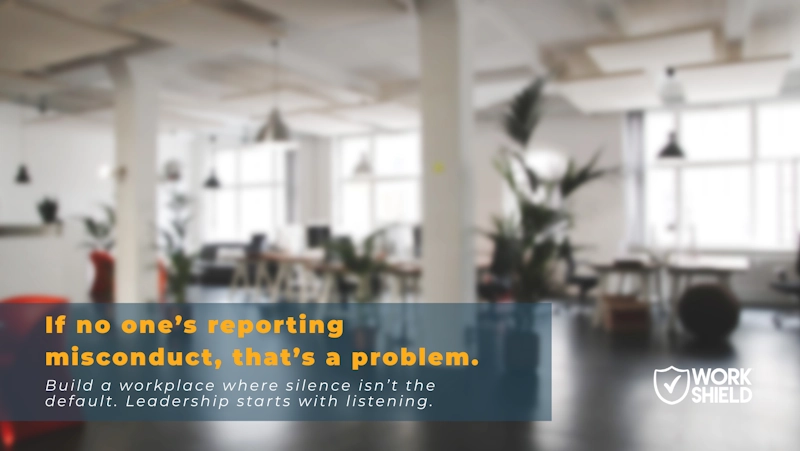Workplace harassment and retaliation lawsuits continue to make headlines, and a recent EEOC settlement involving Starlite Station in Colorado serves as another cautionary tale. This one is especially relevant for small business owners who believe the rules don’t apply to them.
According to a lawsuit filed by the U.S. Equal Employment Opportunity Commission (EEOC), ‘Murica LLC, operator of the Starlite Station bar and dance hall in Greeley, created a hostile work environment and retaliated against employees who spoke out. The case ended with a $100,000 settlement and a five-year consent decree that includes required training, policy revisions, and personal apologies from ownership.
Allegations
The EEOC alleged that the owner:
- Touched female employees without consent
- Pressured employees for sexual relationships and favors
- Engaged in sexual activity with an intoxicated employee at the bar, resulting in a temporary suspension of the liquor license
- Made degrading comments about female job applicants, including saying they were “too unattractive” to be hired
- Harassed male employees with invasive questions and inappropriate commentary about coworkers
Even more troubling, employees who spoke up were punished. According to the EEOC, those who reported the misconduct were fired or threatened. The owner then filed defamation lawsuits in state court against former employees who had cooperated with the EEOC or made public statements about what happened. The EEOC argued that those lawsuits were illegal retaliation and designed to silence protected activity.
Restaurant and Bar Industry: A Known Risk Environment
This case is a clear reminder that the bar and restaurant industry remains one of the highest-risk environments for workplace harassment. The combination of power imbalances, alcohol, late hours, and cash-based employment creates ideal conditions for misconduct to thrive. The EEOC has long warned that these risk factors heighten the likelihood of unlawful behavior. Read the EEOC’s risk factors for harassment.
For employers in hospitality, ignoring this reality isn’t just a compliance failure, it’s a business risk.
Corporate Veil? Not in This Case.
Here’s one of the biggest takeaways: owners are not protected simply because their business is incorporated. The EEOC also named the owner and his mother, both co-owners, in the lawsuit. The agency alleged they used corporate funds for personal expenses like mortgage payments and credit card bills. Since the bar had already closed, the EEOC sought to satisfy the judgment through their personal assets.
Lessons for Employers
- Retaliation is more than just firing someone
Termination is only one way employers retaliate. Legal threats, discouraging cooperation, or using the court system to intimidate employees are also forms of retaliation and will not be tolerated by regulators.
- When leaders are the problem, risk multiplies
If the misconduct is coming from ownership or executive leadership, employees are far less likely to report it internally. That’s when regulatory and legal risks increase significantly. - Closing a business won’t close the case
The bar was no longer operating, but that did not stop the EEOC from taking action. Businesses cannot escape accountability by shutting down. - Policies must be followed, not just published
A handbook does not protect a company if leadership refuses to follow the policies inside it. What matters is how seriously the organization lives out its commitments. - Trying to silence employees backfires
Suing former employees for speaking up or inserting illegal non-cooperation clauses into settlements are signs of serious legal missteps. Employers must respect and protect employees’ right to report misconduct.
Why It Matters
This case makes it clear that no business or owner is above the law. When misconduct comes from the top and retaliation follows, the consequences can be long-term and deeply personal.
Employers need an impartial process for handling misconduct reports. When internal structures break down, or when leadership is the source of the issue, third-party support is essential.
Need to revisit your process?
We work with organization leaders to simplify how complaints are reported, investigated, and resolved. Explore our approach.
Want to go deeper? Read the full EEOC press release.





